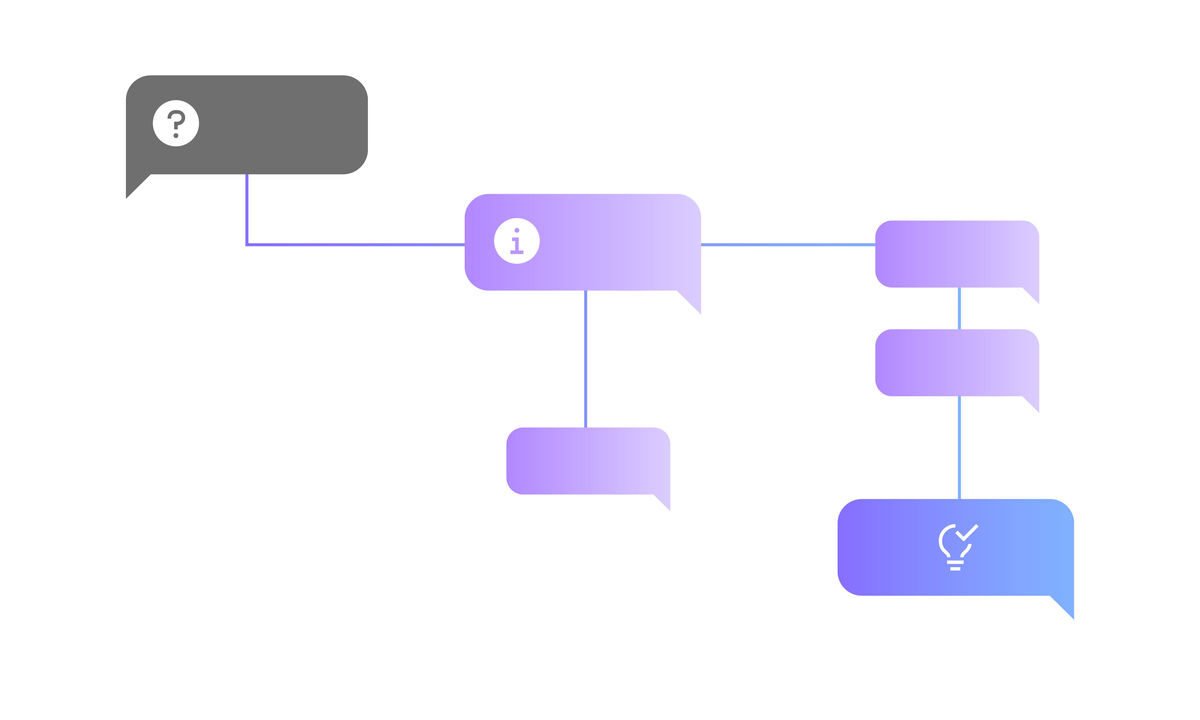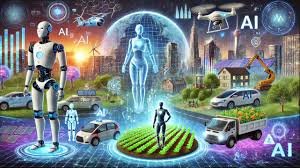Understanding AI Agents in Marketing
To grasp how marketers utilize AI agents effectively, it’s essential to first understand what these agents are and the distinct types of artificial intelligence that underpin their capabilities. At the core of this technology are two key classifications: generative AI and agentic AI. Generative AI is adept at creating original content based on user prompts, while agentic AI takes it a step further by making autonomous decisions and executing complex tasks with minimal supervision.
The Spectrum of AI Assistants
AI assistants comprise a continuum of technology, ranging from rudimentary, rule-based chatbots to sophisticated virtual helpers. At the most basic level are chatbots, which typically operate according to predefined scripts. Progressing up, we encounter virtual assistants that incorporate more advanced features. Then come the assistants powered by generative AI and large language models (LLMs), which can manage single-step tasks. At the pinnacle of this hierarchy are fully autonomous AI-powered agents. These agents not only make decisions but also design workflows and utilize function calling to access external tools, effectively filling gaps in their knowledge.
Beyond Marketing Automation
AI agents represent a significant evolution from basic marketing automation tools. While traditional chatbots may provide scripted responses, AI agents possess the advanced capability to interpret user input, reason through options, and make context-aware decisions across a variety of platforms. This adaptability allows them to evolve over time, breaking large marketing goals into smaller, manageable steps, all while requiring minimal oversight.
Practical Application: IBM’s AskHR Agent
A tangible example of AI agents in action can be seen in IBM’s own transformation team. They partnered with IBM HR to create a streamlined, personalized, and data-driven employee self-service experience. The outcome? An impressive 94% of company-wide, lower-level HR inquiries are now handled by the AskHR digital agent. This innovation not only frees up HR professionals to focus on more intricate challenges but also enhances the employee experience.
Technological Foundations
The underlying technologies that enable the functionality of AI agents are crucial to their performance. Machine learning permits these agents to recognize patterns and make informed predictions. Natural language processing (NLP) empowers them to parse and produce human language, while generative AI enables them to create original content tailored to user interactions.
Furthermore, AI agents often leverage AI models that have been trained on extensive datasets, allowing for advanced reasoning and personalization. Their integration with external systems—such as customer relationship management (CRM) solutions and application programming interfaces (APIs)—is essential. By accessing relevant data, these agents can personalize interactions and take meaningful actions in real-world scenarios.
Intelligent Customer Interactions
An AI agent might perform far more than simply answering a product query. For instance, it can detect a customer’s intent to purchase based on the trajectory of their questions and the data collected about them. From there, the agent can summarize key features, offer personalized discounts, and follow up with tailored product recommendations—all without needing explicit prompts to do so.
Multi-Agent Systems and Collaboration
On a more complex scale, an individual AI agent might manage straightforward, repetitive tasks such as updating CRM records or responding to customer inquiries. In contrast, multi-agent systems function like intelligent teams. These collaborative agents can delegate subtasks, share insights, and coordinate across various tools to accomplish intricate workflows. This could include tasks such as planning marketing campaigns, generating multiple content variations, distributing materials, and analyzing performance metrics.
AI Agents vs. Traditional Assistants
The collaborative nature of AI agents distinguishes them significantly from traditional digital assistants. By sharing insights and dividing responsibilities, these agents can effectively manage interdependent tasks. They carry context seamlessly from one process to another, ultimately leading to more intelligent, adaptive, and efficient marketing operations.
In summary, AI agents herald a transformative era in marketing, pushing the boundaries of what technology can achieve in enhancing operational efficiency and customer engagement.





